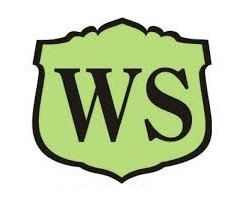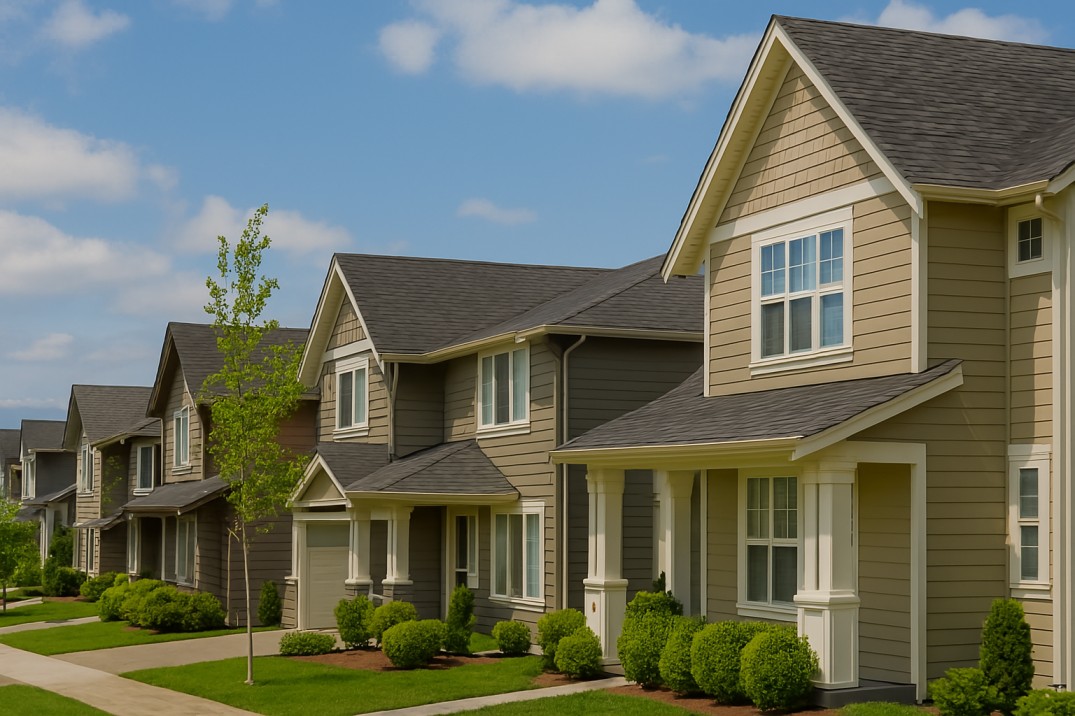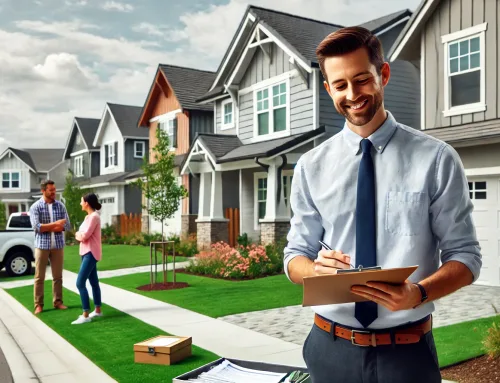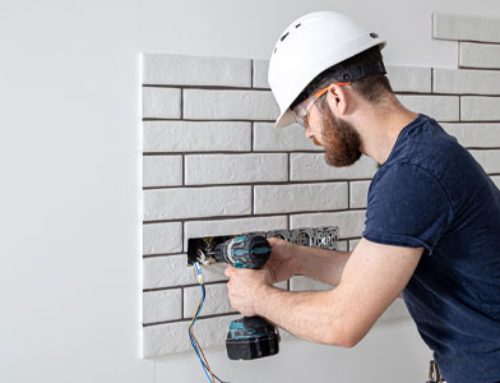For homeowners, the worth of their house represents an investment in their future rather than merely a figure. Strong governance and a well-kept community may raise property prices, attracting more purchasers and guaranteeing long-term growth.
The homeowners association (HOA), which is essential to preserving a neighborhood’s structural, financial, and aesthetic integrity, is at the center of this process. HOAs contribute to the stability and even growth of property values over time through careful monitoring, the implementation of community regulations, and financial planning.
HOA management plays a key role in protecting—and even boosting—your property’s value. Let’s dive into how good HOA management directly impacts your home’s financial gain. We’ll explore how thriving HOA community management can benefit you and how to safeguard your real estate investment.
How HOA Management Helps Maintain Property Values
Think of your neighborhood as a single, well-kept estate. Just as a nice house attracts buyers, a well-run community does too. Here’s how:
-
Regular Property Maintenance and Upkeep
Here’s where the HOA’s influence on property values is most obvious. Imagine driving through your area: Are the lawns perfect, the houses freshly painted, and the common areas inviting? Or, is it a mess with weeds, peeling paint, and broken playground equipment? The first says “desirable,” and the second makes you hesitate.
HOA services and property value are linked through property maintenance. The HOA handles:
- Landscaping and lawn care for common areas.
- Exterior building upkeep.
- Keeping amenities like pools, parks, and recreation centers functional and appealing.
This proactive work stops the slow decline that can drag down property values. When everything looks good, home values stay higher.
-
Enforcement of Community Rules and Standards
An HOA’s impact on real estate goes beyond looks. HOAs set and enforce rules for the community. These standards are key to effective property value maintenance. The goal is a consistent, attractive neighborhood. Consider:
- Home Renovations: This stops drastic changes and ensures renovations enhance the overall look.
- Exterior Paint Colors: Keeps everything matching, avoiding clashing colors.
- Yard Upkeep: Prevents messy yards that can hurt curb appeal.
By making sure things are consistent and preventing problems, the HOA helps the neighborhood always present its best face, attracting buyers.
-
Risk Management and Insurance
Smart homeowner association management involves more than just upkeep. It’s about smart finances and managing risk. Adequate insurance coverage is essential.
- Property Damage: Good insurance allows quick repairs after storms, protecting all residents’ property values.
- Liability: Liability insurance shields the community from expensive lawsuits, important for HOAs and property values. Lawsuits drain money and can damage the community’s reputation.
By dealing with potential problems and having the right insurance, the HOA protects property values from financial setbacks.
-
Consistent Financial Management and Reserve Funds
Healthy finances are the basis of a thriving HOA. How the HOA affects property values is significantly shaped by its financial health. A well-managed HOA should:
- Create a budget that covers all maintenance.
- Have reserve accounts for future repairs.
- Make sure homeowner dues are collected efficiently.
When the HOA can maintain and improve things, property values are protected.
Reserve funds are critical. Imagine a roof leak in the clubhouse. Without cash, the HOA might delay repairs, charge homeowners extra, or take out a loan. All of these hurt property value maintenance. Good reserve funds ensure unexpected expenses don’t hurt homeowner investments
The Impact of Poor HOA Management on Property Values
Conversely, what happens when HOA management is lacking? The results can be bad.
- Neglected Maintenance: Pushed-off repairs quickly make a place look run-down, hurting the community’s appeal.
- Disputes and No Enforcement: Not enforcing rules creates chaos. Properties fall into disrepair.
- Financial Problems: A poorly run HOA leads to lost confidence and lowers property values.
Financial instability from bad budgeting or failing to collect dues leads to maintenance issues. When a community starts looking bad, buyers turn away.
How HOA Leadership and Governance Affect Property Values
Good leadership matters. Homeowners association management is a tough job that needs strong board members.
- Experienced Board Members: The right people can set a positive tone, which boosts home sales within the association.
- Good Communication: If the board is open and transparent, it encourages resident involvement, which builds trust.
The board should give regular updates on finances, upcoming projects, and any changes to rules. They need to solve conflicts and follow guidelines. A strong, unified board builds community, which makes homes more appealing.
Best Practices for HOA Management to Increase Property Values
So, how can an HOA increase property values? Here’s how:
- Regular Inspections: Find problems early.
- Maintenance Schedules: Fix things on a regular basis.
- Clear Rules: Rules help with aesthetics and the neighborhood’s peace.
- Build Community: Events create community, making a neighborhood inviting.
- Have Savings: This will protect your investment.
Good HOA management is about more than just basic upkeep; it protects and increases your biggest investment. By focusing on maintenance, enforcing the rules, managing risk, and building community, a well-managed HOA creates a nice place to live. This attracts buyers, which protects and increases value for everyone.
Ready to see how professional HOA management can help? Contact us for HOA management services.





